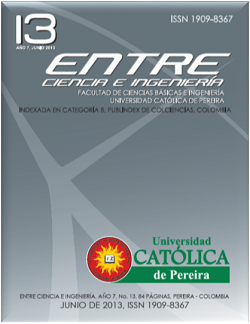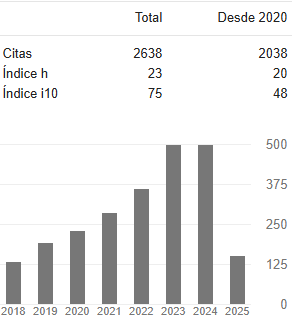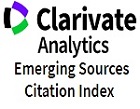Didactics in Virtuality: a Characterization fromVirtual Teachers in Higher Education Institutionsin the Coffee Region
DOI:
https://doi.org/10.31908/19098367.674Keywords:
learning, didactics in virtual processes, teaching, didactic strategies.Abstract
This article is the result of the research project entitled “Characterization of Didactics in Virtuality”, which was carried out in the framework of the Master Program in Pedagogy and Human Development at Universidad Católica in Pereira.
In this research project, the didactics implemented by virtual teachers in higher education institutions, located in the Coffee Region in Colombia, are characterized and analyzed, considering three main areas: training and experience in virtuality, educational track, and didactics related to the virtual methodology.
This study shows how the mentioned axes affect in a direct way the didactics that virtual teachers apply in their educational processes, turning them to the simple use of tools or isolated techniques, which are distant from true methodologies that promote a real order in the teaching process, and at the same time, far from an innovative proposal for the challenge generated by virtual education.
This research project could be recognized as the starting point to new reflections and proposals about didactic experiences promoted through virtuality, which must become an academic community concern, in order to avoid classroom practices to be transferred to virtual methodology without a clear purpose.
Downloads
References
M. Delgado y A. Solano, Estrategias Didácticas Creativas en Entornos Virtuales para el Aprendizaje, INIE, 2009, pp. 1-21.
J. Comenio, Didáctica Magna, Editorial Porrúa, México D. F., 1986.
L. M.. Grisales y E. M. González, El Saber Sabio y el Saber Enseñado: Un Problema para la Didáctica Universitaria, Educación y Educadores, 2009, pp.77-86.
C. A. Bernal, Metodología de la Investigación, para Administración y Economía, PEARSON, Santa fe de Bogotá D.C, 2000, pp.111.
M. J. Albert, La Investigación Educativa: Claves Teóricas, Mc GRAW-HILL, Madrid, 2007, pp.61-115.
J. Salinas, Las Redes un Desafío para la Educación o la Educación un Desafío para las Redes, en Cabrero J. C, Medios de comunicación, recursos y materiales para la mejora educativa II. Universidad de las Islas Baleares, Islas Baleares, 1996.
M. Fandos, J. Jiménez y A. P. Gozález, Estrategias Didácticas en el Uso de las Tecnologías de la Información y la Comunicación, Acción Pedagógica, 2002, pp.28-39.
O. Henao, La Enseñanza Virtual en la Educación Superior, Instituto Colombiano para el Fomento de la Educación Superior ICFES, primera edición, Bogotá D.C., 2002.
J. Adell y A. Sales, El Profesor On Line: Elementos para la Definición de un Nuevo Rol Docente. Recuperado el 27 de Marzo de 2013, de http://gte2.uib.es/edutec/sites/default/files/congresos/ edutec99/paginas/105.html
Asociación nacional de universidades e instituciones de educación superior, La Educación Superior Virtual en América Latina y el Caribe, Serie memorias, México D.F, 2004.
Downloads
Published
Issue
Section
License
Copyright (c) 2019 Entre ciencia e ingeniería

This work is licensed under a Creative Commons Attribution-NonCommercial 4.0 International License.



















